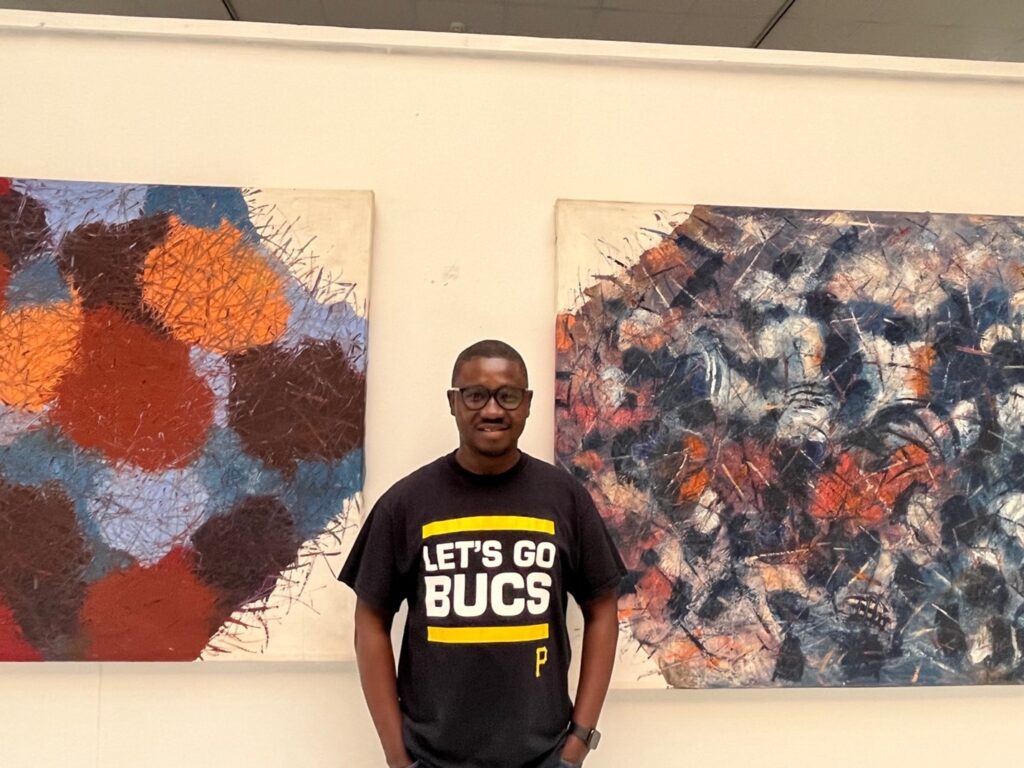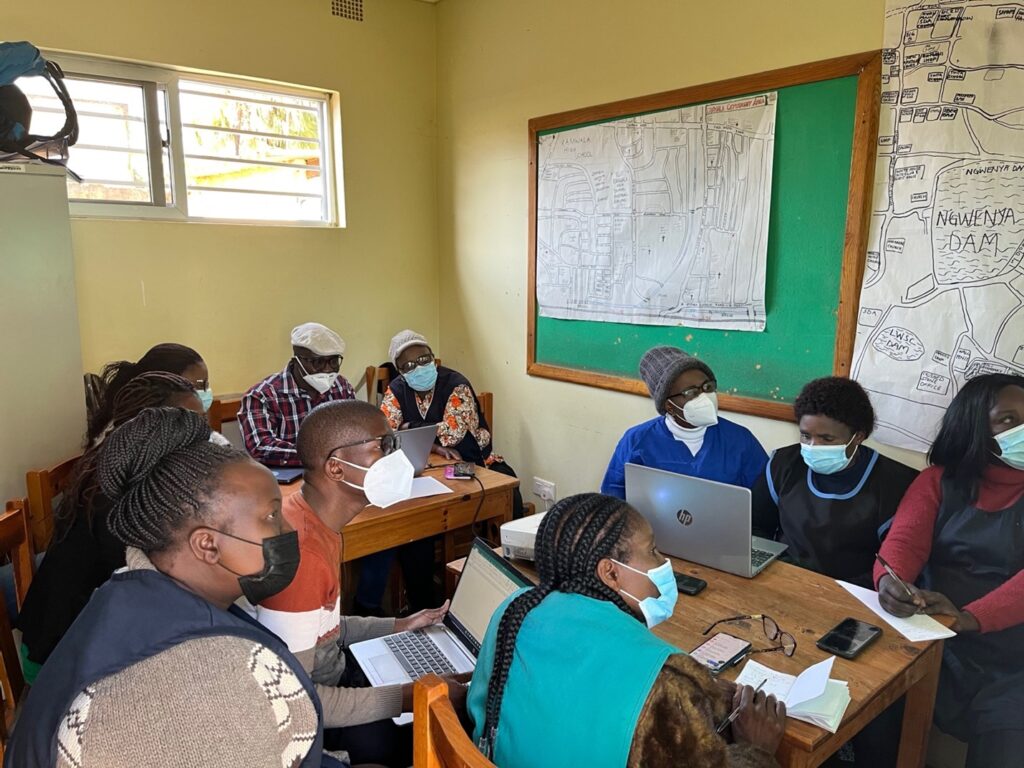Please note: All pictures shown in this blog have obtained permission for posting.
Join me on a heartfelt journey in Ecuador as I share one of the most impactful experiences from this summer. I had the incredible opportunity to be part of a medical and nutrition brigade in Canoa, where I actively engaged in initiatives that uplifted and empowered those in need. I will share the heartwarming and eye-opening experience of being part of a dedicated team of nutritionists and doctors who seek to improve the nutrition status of vulnerable populations. Our mission went beyond improving health; we aimed to address social determinants of health, provide culturally adapted nutrition education, and build trust within the community for future interactions.
Assessing Nutrition Status
Working alongside a team of passionate nutritionists, we assessed the nutritional status of approximately 240 individuals, including infants, children, teenagers, adults, and pregnant women in Canoa. Through the collection of anthropometric measurements and interactions with children and families, we gained valuable insights into the nutritional challenges faced by the community. We identified key factors such as economic inequalities, poverty, domestic abuse, lack of access to clean water, and other social determinants of health that were impacting the community’s well-being.
Empowering the Community through Education and Trust
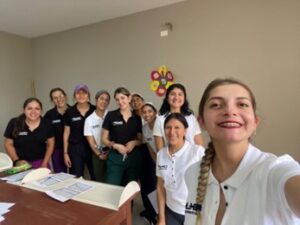
In Canoa, we prioritized empowering the community through culturally adapted nutrition education and building trust. Through evidence-based strategies, workshops, counseling sessions, and community outreach programs, individuals in Canoa gained the knowledge and skills to make informed decisions about their health and nutrition, while respecting their cultural beliefs.
This experience reinforced the importance of data-driven decision-making and the transformative power of education and trust in empowering communities. It deepened my understanding of the impact targeted interventions can have on promoting positive health outcomes!
By empowering the community and building trust, we laid the foundation for sustainable change and a healthier future in Canoa.
Lessons Learned and Future Initiatives
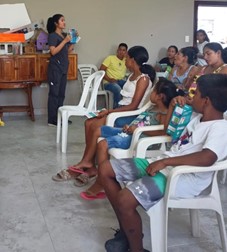
My role involved evaluating and analyzing the data collected. Based on the findings, we identified challenges such as malnutrition, stunted growth, and obesity in the community, particularly among teenagers. To address these issues effectively, I evaluated potential initiatives for implementation. One important strategy we considered was the involvement of promotoras de salud, or community health workers. Their cultural knowledge and trusted position within the community make them valuable in providing culturally adapted nutrition education, monitoring progress, and facilitating access to healthcare services. By incorporating promotoras de salud, we empower the community and create lasting change!
I feel incredibly grateful and fortunate to have had the opportunity to work with La Universidad San Francisco de Quito and learn alongside Caro Román and Mónica Villar this summer.
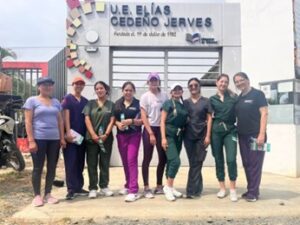
– Mili

